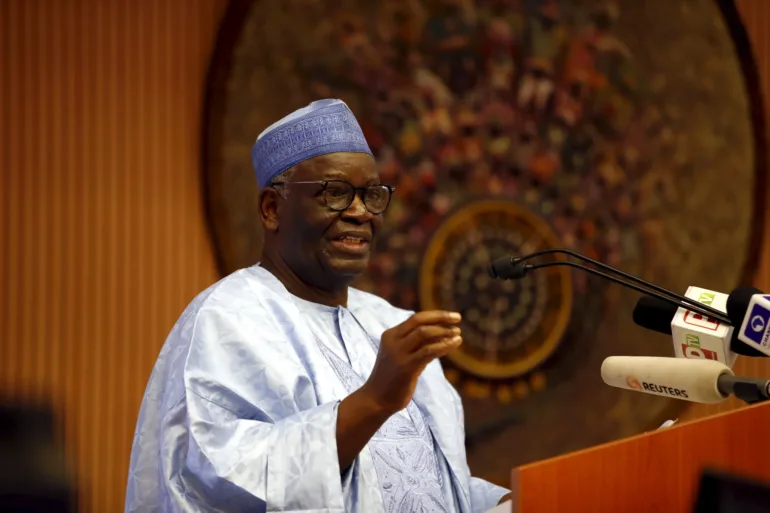Former Chief of Staff to the late President Muhammadu Buhari, Prof. Ibrahim Gambari, has disclosed how members of Buhari’s inner circle routinely bypassed official channels to send memos directly to the president, despite formal directives to the contrary.
Speaking on Inside Sources, a Channels Television programme aired on Friday, Gambari revealed that while Buhari had instructed all memos be routed through the Chief of Staff, some aides exploited his “weak points” to gain informal access.
“They knew his weak moments, they knew when to smuggle in memos because they interacted with him informally,” Gambari said.
Gambari, a seasoned diplomat and academic, served as Chief of Staff from May 2020 until May 2023, following the death of his predecessor, Abba Kyari. He noted that even Vice President Yemi Osinbajo strictly adhered to the protocol, always passing memos through his office.
“President Buhari said publicly that all memos must pass through the Chief of Staff. To his credit, the Vice President and several ministers followed this directive. But others still found ways to circumvent it because they knew who to use—and he never stopped them. The only advantage I had was that the memos eventually came back to me,” he added.
Addressing long-standing allegations of a powerful cabal operating within the Buhari administration, Gambari acknowledged its existence, saying such inner circles are common in every government.
“They say there was a cabal. There was. But every government has a cabal of some kind. You may call it a kitchen cabinet or a think tank. Obasanjo had his own—intellectuals like the Aboyades. Presidents naturally need a small, trusted group inside or outside of government to advise them and speak candidly,” he explained.
“Some cabals are more influential than others, but it’s the nature of power.”
Reflecting on Buhari’s earlier military regime, Gambari also recalled being unaware of the reasons behind the former military Head of State’s removal by his colleagues in 1985. “I wasn’t privy to why he was overthrown, but I was later told that some in the Supreme Military Council were uncomfortable with the civilian influence on him—they felt he was second-guessing their decisions,” he said.
Gambari also offered insight into Buhari’s leadership style, describing him as deeply loyal and often unwilling to dismiss appointees, even under significant pressure.
“Buhari was a loyalist by nature. He found it difficult to sack anyone once he brought them close. That had both strengths and consequences,” he noted.


